
For Teachers & Professionals
Pre-school Students' Masturbation Behaviors, Teachers’ Attitudes and Early Childhood Education
Children’s sexuality is still a sort of taboo topic, despite the fact that this behaviour can be seen in most children at various stages of development. This issue often raises parents’ and teachers’ anxiety and even embarrassment, especially when the child begins to touch in a public place.
We were raised thinking that sexuality and pleasure only start with hormonal development in adolescence. What happens before is “not normal” and “wrong”. Probably also because a lot of research focused on the link between childhood masturbation and sexual abuse or early stressful events. In some countries, like Iran, masturbation is still taboo and it has deplored the idea of children as sexual beings.
In the last two decades research has discovered that touching intimate places or rubbing them against objects can usually be observed in three development periods: between 2-3 and 5-6 years of age, as well as during puberty. In fact, one study empirically examined and reported age-specific sexual behaviours in infants and toddlers from birth to 2 years. In this observational study on small children touching of genitals accompanied by facial expressions suggesting stimulation was observed from age 6 months in boys and from 8 months in girls. From the second year of life, rhythmic stimulation of the genitals was observed, accompanied by facial expressions and physiological reactions suggesting pleasure. In a study of 2013 were presented a series of cases of 19 healthy infant girls who had started masturbation at ages 3–15 months. Extensive medical (neurological) examinations were carried out as the children were often first assumed to be having seizures or dyskinesias. The children then developed normally and ceased masturbation on average at 5.5 years (at least as far as their parents could observe). Even if caregiver observations suggest that many sexual behaviours decrease in frequency from preschool years to middle childhood and prepuberty, retrospective reports by adolescents and adults suggest that they actually increase. Learning to appreciate social norms represents a cognitive aspect of sexual development. Children learn concepts such as privacy and boundaries.
In small children, attachment, closeness, safety, curiosity, loving care, and trust lay the foundations for a future capacity for mutually satisfactory reciprocal romantic and erotic relationships. Children need to learn to appreciate and enjoy their own bodies but also to respect the boundaries of others and social norms. The majority of preschool teachers do not want to participate in discussions on masturbation behaviour which is frequently encountered in the preschool period and sex education, and it is suggested by teachers that this subject should not be discussed due to privacy concerns and should be solved within the family. When the preschool teachers’ intervention to masturbation behaviour in children is examined, teachers mostly used distraction and non-intervention methods. In the management of masturbation behaviour, there are teachers who talk with the students and emphasize that it is wrong behaviour. This situation might indicate that there is a need for education. Professionals, such as early education teachers, teachers, and health professionals should instead understand sexual development in children and adolescents at different developmental phases and need methods to provide minors with age and developmentally-appropriate guidance and sex education to meet their current needs.
Here is proposed a model: The Steps of Sexuality and Sex Education (0-9 years old)
1. “My body” (0–4 years)
Children start discovering their own body parts and taking an interest in the differences between sexes (infancy–toddlerhood). Early interaction between adults and infants strengthens the child’s self-esteem and relationship skills. The most important foundations for rich emotions, closeness, comfort, enjoyment, and trust are laid during the first years of life. Babies discover new body parts and are curious about the differences between genders. Children are happy and proud of their naked bodies and feel they are perfect just as they are.
Provide support for forming a positive body image and name the body parts. Teach that all bodies are equal and good, with nothing dirty or distasteful or shameful about them. People of different shapes and sizes are all equally worthy. Use masturbation to teach that nudity can happen only in private and teach privacy rules. Make children acquire the knowledge that touching their own intimate parts is OK in private. Don’t yell or scream, this will convey shame.
2. Affection for a friend (3–8 years)
Expressing affection through kissing and hugging and learning intimacy-related rules and social norms can be taught to toddlers. Young children love to show affection and do so by kissing and hugging and talking. Children learn the first rules of intimacy and social norms. The child understands the difference between friendship and infatuation as well as that between family and love relationships.
Teach respect for their own as well as others' bodies, and teach about gender equality. Teach that love can be felt towards all genders. Knowledge of intimacy and social norms is important and this can be taught by increasing knowledge of safe touch rules. Teach them to understand and respect feelings and what the respect of boundaries is. The three-step rule: say no, go away, tell a trusted adult can help in preventing childhood abuse. It is important that the child understand the voluntary and consensual nature of proximity in games and all relationships.
3. Adoring a parent (3–9 years)
Children frequently talk of loving parents and wanting to marry them (toddlerhood–middle childhood). A child can’t understand why this is not possible and may become angry and disappointed at this perceived injustice. It is most important that parents respect the child’s need to express their emotions.
Teach respect for emotions, affection and disappointment as well as basic emotional skills and provide a safe environment to express emotions. Teach that they can ask for help if bullied. The child’s idea of being admirable is supported. Basic ideas of pubertal timetable, sexualized media, gender identities, equality and sexual orientation start to take place and counselling has to be provided.
An effective and healthy perception of sexual identity and privacy can only be achieved through education programs that can be developed by experts in this field. Significant results are achieved on the attitudes of the preschool teaching students who took the counselling courses.
REFERENCES
Birol, Cem & Gömeçli Ulu, Ezgi. (2010). Effect of the counselling course on the attitude of the students of pre-school teaching towards the children's masturbation behaviour. Procedia- Social and Behavioral Sciences. 5. 2366-2371. 10.1016/j.sbspro.2010.07.465.
Cacciatore, R., Korteniemi-Poikela, E., & Kaltiala, R. (2019). The steps of sexuality—a developmental, emotion-focused, child-centered model of sexual development and sexuality education from birth to adulthood. International Journal of Sexual Health, 31(3), 319-338.
Kayıran, Derya & omaç sönmez, Mehtap. (2020). A need analysis study for intimacy program for early childhood education: preschool teachers’ attitudes on masturbation behavior in preschool students. European Early Childhood Education Research Journal. 28. 731-742. 10.1080/1350293X.2020.1817244.
Mazidi, Maryam & Riahi, Forough. (2020). Pathological Childhood Masturbation in Children Who Referred to a Child and Adolescent Psychiatric Clinic. Journal of Comprehensive Pediatrics. In Press. 10.5812/compreped.65121.
Share the knowledge!
More For Teachers & Professionals Q&A
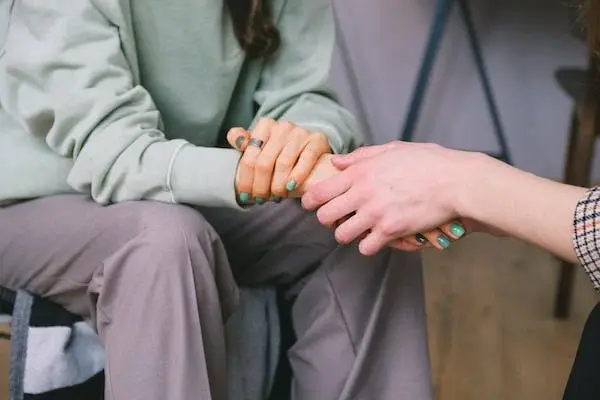
The BETTER model for Sexual assessment in Cancer patients
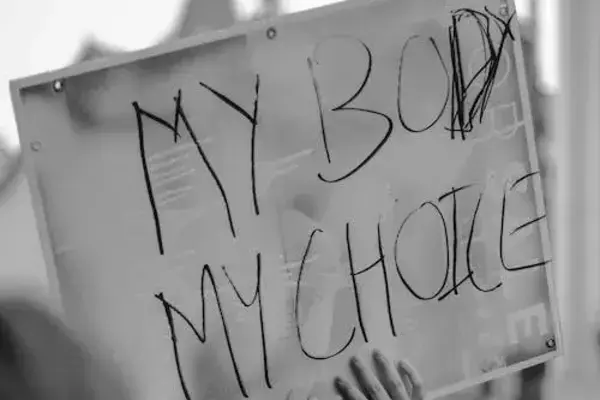
Voluntary Abortion and Professionalism
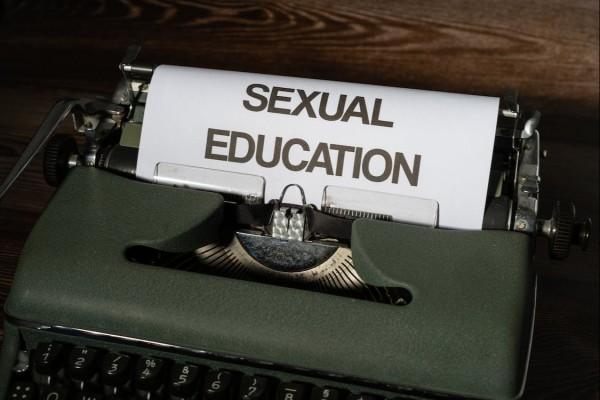
Sex Education for individuals with Intellectual disabilities
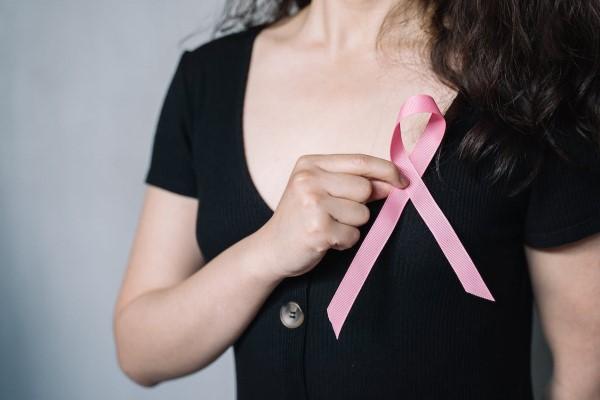
Breast cancer, sexuality and communication
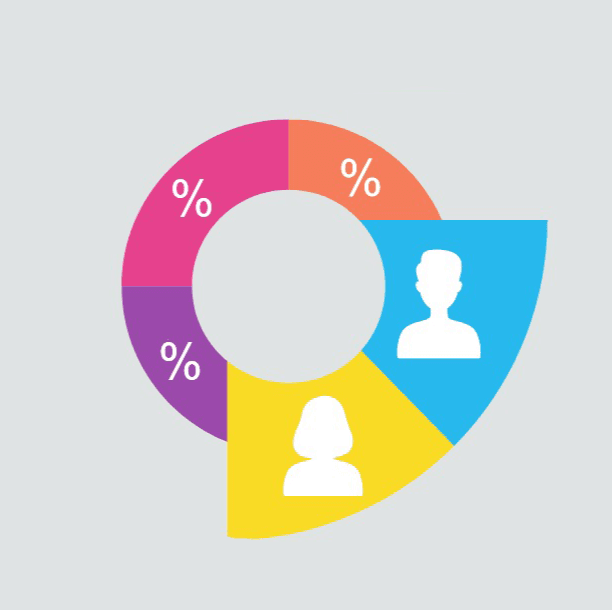
Epilepsy and Sexuality

Teaching consent to Young children (8 – 12 years old)
This is a website that WE are building together. If you have a question there is no answer to on this site, send it here!
